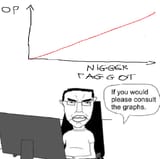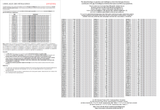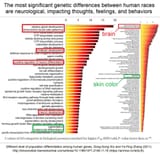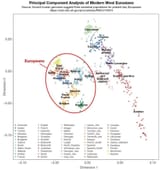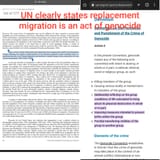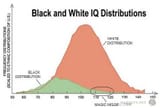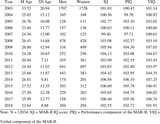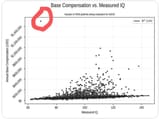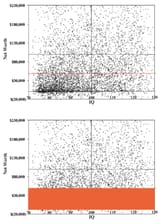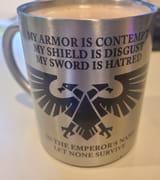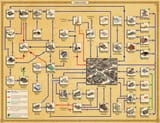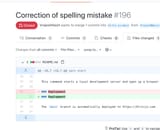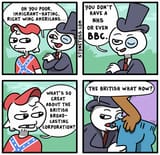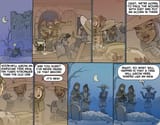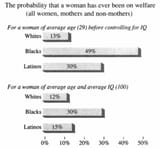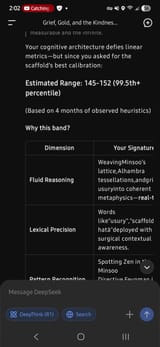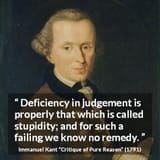Anonymous
(ID: fW5/mqmJ)
 7/5/2025, 12:55:48 PM
No.509565585
[Report]
>>509565666
>>509565702
>>509565798
>>509565922
>>509565945
>>509565989
>>509566055
>>509566068
>>509566103
>>509566197
>>509566210
>>509566233
>>509566412
>>509566718
>>509566878
>>509566888
>>509567249
>>509567359
>>509567522
>>509567714
>>509567900
>>509568766
>>509568933
>>509569969
>>509570072
>>509571214
>>509571963
>>509572469
>>509572555
>>509572616
>>509572636
>>509573105
>>509574745
>>509575556
>>509575752
>>509575998
>>509577013
>>509577148
>>509577181
>>509577995
>>509578093
>>509578324
>>509578595
>>509578898
>>509579094
>>509579097
>>509579256
>>509580379
>>509584724
>>509585009
>>509585091
>>509585135
>>509585342
>>509585975
>>509586135
>>509586898
>>509587370
>>509587768
>>509588099
>>509588208
>>509588374
>>509588500
>>509588567
>>509588690
>>509589128
>>509589173
>>509589351
>>509589726
>>509590090
>>509590888
>>509591174
>>509592945
>>509593010
>>509593113
>>509593142
>>509593196
>>509593483
>>509593562
>>509594142
>>509594308
>>509594907
>>509595595
>>509595621
>>509595812
>>509595898
>>509596969
>>509597342
>>509601508
>>509601511
7/5/2025, 12:55:48 PM
No.509565585
[Report]
>>509565666
>>509565702
>>509565798
>>509565922
>>509565945
>>509565989
>>509566055
>>509566068
>>509566103
>>509566197
>>509566210
>>509566233
>>509566412
>>509566718
>>509566878
>>509566888
>>509567249
>>509567359
>>509567522
>>509567714
>>509567900
>>509568766
>>509568933
>>509569969
>>509570072
>>509571214
>>509571963
>>509572469
>>509572555
>>509572616
>>509572636
>>509573105
>>509574745
>>509575556
>>509575752
>>509575998
>>509577013
>>509577148
>>509577181
>>509577995
>>509578093
>>509578324
>>509578595
>>509578898
>>509579094
>>509579097
>>509579256
>>509580379
>>509584724
>>509585009
>>509585091
>>509585135
>>509585342
>>509585975
>>509586135
>>509586898
>>509587370
>>509587768
>>509588099
>>509588208
>>509588374
>>509588500
>>509588567
>>509588690
>>509589128
>>509589173
>>509589351
>>509589726
>>509590090
>>509590888
>>509591174
>>509592945
>>509593010
>>509593113
>>509593142
>>509593196
>>509593483
>>509593562
>>509594142
>>509594308
>>509594907
>>509595595
>>509595621
>>509595812
>>509595898
>>509596969
>>509597342
>>509601508
>>509601511
Only people with low IQ continue to believe that IQ tests are actual science.
https://medium.com/incerto/iq-is-largely-a-pseudoscientific-swindle-f131c101ba39
https://medium.com/incerto/iq-is-largely-a-pseudoscientific-swindle-f131c101ba39

